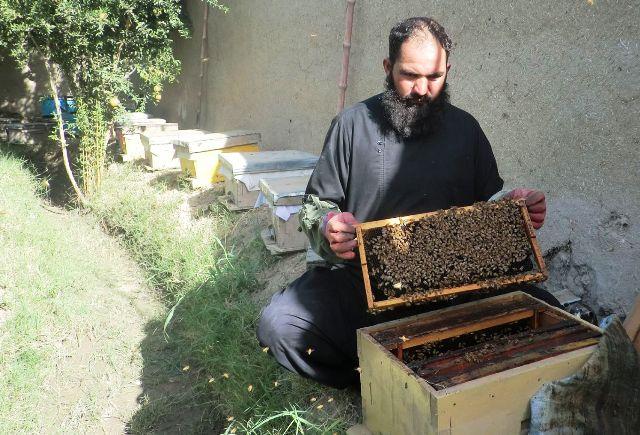KANDAHAR CITY (Pajhwok): Beekeeping has significantly increased in southern Kandahar provinceduring the current solar . . .
You need to subscribe to view the full article. Please login or register a new account.

KANDAHAR CITY (Pajhwok): Beekeeping has significantly increased in southern Kandahar provinceduring the current solar . . .
You need to subscribe to view the full article. Please login or register a new account.
GET IN TOUCH
NEWSLETTER
SUGGEST A STORY
PAJHWOK MOBILE APP